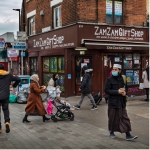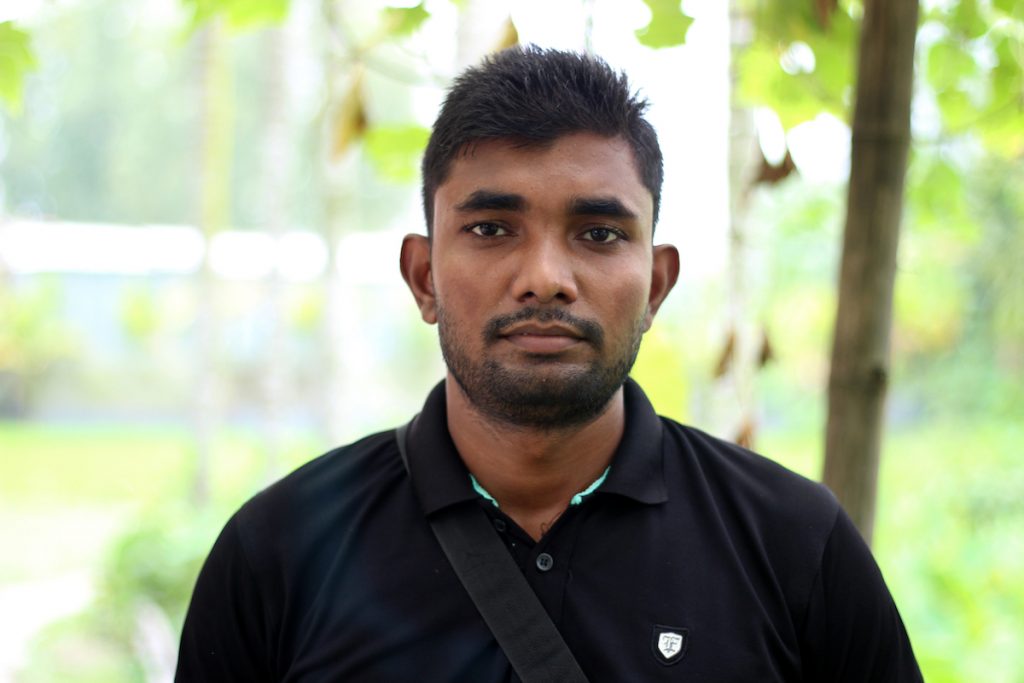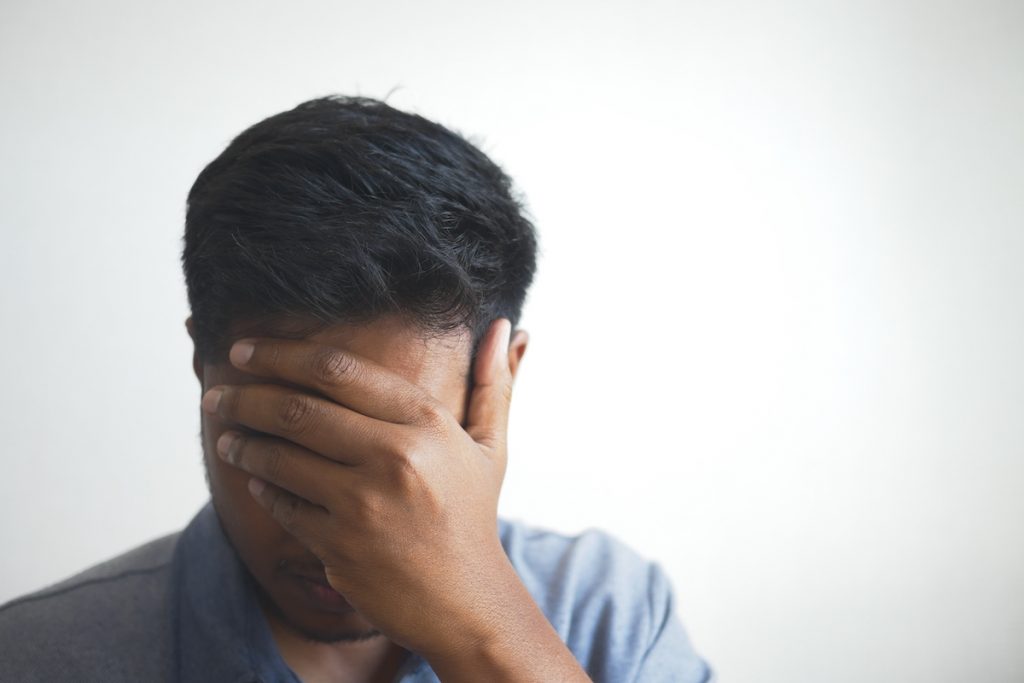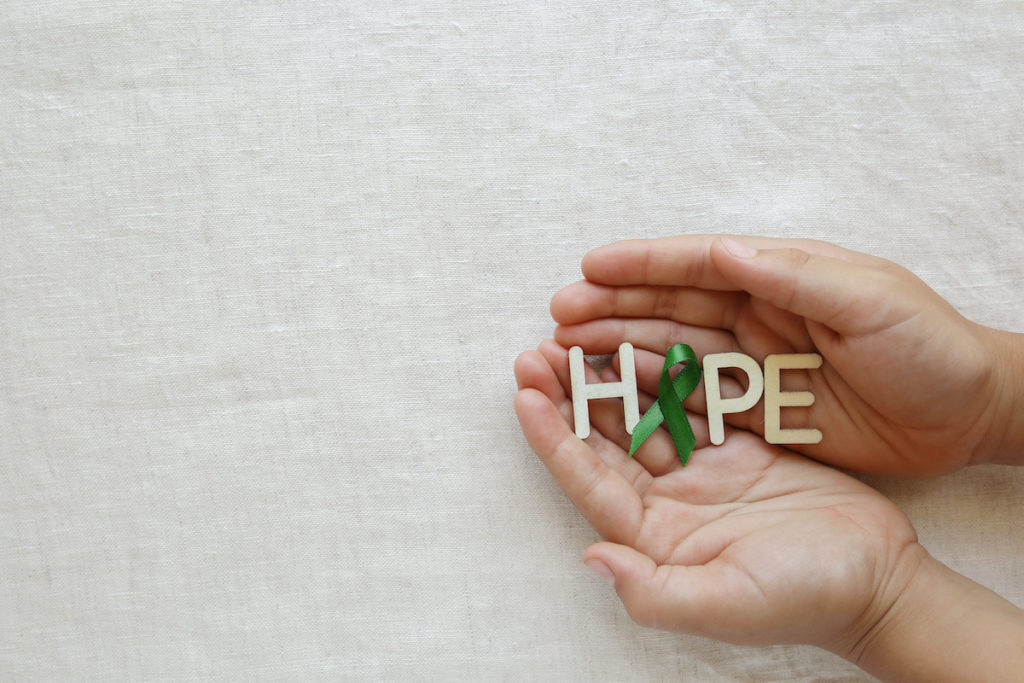
South Asians (SA) comprise approximately 7.5% of the UK population (Nash, 2019). Studies indicate that South Asians in the UK rarely seek mental health services. (Prajapati & Liebling, 2021). Most of the studies have been conducted among SA women or the general SA population rather than focussed on specific ethnic groups (Hussain & Cochrane, 2004; Neale et al., 2009; Prajapati & Liebling, 2021).
Although it was found that men are less inclined to seek help for any mental health problems (Oliver et al., 2005); findings from a scoping review suggest that although most community-based interventions target the South Asian population, interventions are absent specifically for men (Baskin et al., 2021).
Evidence shows that British Bangladeshis face significant disadvantages; living in council housing and experience higher rates of workless households with dependent children and poor health (Ali, 2006; Darko, 2021; Large & Ghosh, 2006). Along with socio-economic challenges, the traditional notions of masculinity within the Bangladeshi community discourage men from relying on female family members and emphasise their role as providers; putting them under a lot of mental toll (Willott & Griffin, 1996). They are considered a “hard-to-reach” population who underuse mental health services compared to white men (Darko, 2021), yet research regarding their perception of mental health and support services is sparse.
This blog summarises a recent qualitative study by Dr Shah Alam, a British Bangladeshi Male Clinical Psychologist (2023) exploring the perceptions of British Bangladeshi men regarding barriers to mental health support.

British Bangladeshi communities are found to underuse mental health services in the UK.
Methods
The author gathered personal accounts through qualitative interviews. All participants were British-Bangladeshi men aged 22-59, scoring moderate to severe on the Patient Health Questionnaire-9 (PHQ-9) and the General Anxiety Disorder-7 (GAD-7). The study excluded people who were considered ‘high at risk’, were currenty using or recently received support from mental health services. 54 participants were recruited using online social media and leaflet drops and screened for depression and anxiety levels using PHQ-9 or GAD-7 questionnaires via Qualtrics. The qualitative data was analysed following the framework of reflexive thematic analysis. Data saturation was reached with 12 participants.
Results
Reflexive thematic analysis yielded the following main themes:
Different understanding of mental distress
The participants highlighted that there is lack of understanding of mental health evidenced by prioritising physical health such as diabetes, attributing any mental health symptoms to physical health. Cultural norms within the Bangladeshi community discouraged open discussions about emotions, with individuals often being reassured that they are okay even when experiencing distress. Language barriers were also identified as hindering them from expressing freely. Participants commonly attributed mental distress to spirits or black magic, and described the common beliefs about a of lack of mental health support services, which can lead to individuals not approaching services.
Culturally we don’t talk about our feelings and just express dominance and this idea that “I’m ok”.
Traditional cultural expectations
The participants believed that strong gender norms exist in their community. Men are expected to be the sole breadwinner of the family taking up all the financial responsibility; compelled to supress one’s emotions so as to meet the societal expectations to be masculine ideals.
Even with my dad, as a kid, I would cry and he would say “don’t do that”, “don’t be a girl” and for guys it is more like “buckle up”’.
Fear and loss
Participants expressed that suffering from mental health problems meant to suffer from self-stigma, shame and losing respect. This led to increased fear for sharing and reaching out for professional help.
We tend to keep it stored inside ourselves until it bursts or something big happens, and then it is too late.
Coping resources
This theme delves into how the participants believe that following one’s religion and its practices helped to maintain one’s mental health. Despite facing self-stigma and reluctance to seek support, participants indicated feeling comfortable sharing their emotions with their partners, creating a sense of safety and support.
people find solace and comfort in religion, so they pray, and I can’t disagree with that but at the same time you have got to look at the practical means as well.
Barriers to access
This theme points out the key barriers to utilising mental health support services. Participants described insufficient awareness and understanding regarding available mental health support services, difficulties in communication with healthcare professionals owing to language barriers, negative experience with GP when seeking help, and lack of trust in professional healthcare workers.
There are no interpreters either and I would try and explain myself the best I can…So, sometimes we do not understand, and we can struggle. The language barrier has a big impact on me.
Community outreach and collaboration
Participants stressed the importance of collaborative efforts between mental health services and the community to enhance access to support and prevent mental health crisis. Participants highlighted the significance of involving people with lived experience, integrating health education with religious teachings.
How to turn to religion to help with the stress you are going through… You see a lot of men at mosque, that is the best time to tell them.

This study suggests that having faith in one’s religion and culture can help British Bangladeshi men cope with mental distress.
Conclusions
This study sheds light on the complexities surrounding mental health, stigma, and help-seeking behaviours within the British Bangladeshi male community.
It reveals several factors influencing formal help-seeking, including:
- awareness about available support services,
- the need to address language barriers,
- the need to normalise expressing emotions, and
- the importance of building trust among the professional health care services.

British Bangladeshi men face self- and community stigma surrounding mental health negatively impacting help-seeking behaviours.
Strengths and limitations
One of the main strengths of this study is that it employed various methods to maintain qualitative rigour, such as reflexive thematic analysis, member-checking, ethical considerations, and a distress protocol. Another strength is the researcher’s fluency in Bengali and Sylheti, which helped to ensure accurate translation and interpretation, enhancing the reliability of the findings. Unlike past studies, which focussed on the overall South Asian population and South Asian women, it is quite a novel study unravelling the needs of British Bangladeshi men’s perceived mental health.
One limitation is that the study relied heavily on social media for recruitment, potentially excluding individuals without internet access or those from lower socio-economic backgrounds, which limits the representation of Bangladeshi men residing in London. The author stated the adoption of data saturation, but only 12 participants were deemed eligible while recruiting, raising questions about whether they looked for data saturation or pre-determined the sample size based on literature suggesting 12 participants are sufficient. Moreover, although the author stated that the study used a co-production approach, there was no evidence of this or further clarification on how this was done.
Another limitation is the exclusion of the people who have recently used the NHS services for their mental health issues as there might have been men who had discontinued their treatment after experiencing specific barriers, which could be instrumental for this study. The lived experience of such Bangladeshi men could provide valuable insights. Additionally, this study did not explore one of the key learning aims related to low and high-intensity CBT practitioners. Outcome measures were gathered to enhance robust data analysis, therefore, the discussion could be enhanced with cross-examination of the literature alongside the findings of the mental health of British Bangladeshi men.

Focusing on British Bangladeshi male mental health is a leading strength of this study.
Implications for practice
The findings imply that there is an urgent need to raise mental health awareness in the British Bangladeshi Muslim communities. This can be achieved by organising such programmes in parts of UK where Bangladeshi community residents are populous. For instance, mental health professionals and organisations can promote awareness during specific festivities like Eid, support leadership and facilitation by religious leaders and build local networks for men.
The study findings suggest that men may confide their emotions to their wives, hence, females could also be included in various community outreach programmes to raise awareness around mental health services. Community outreach programs in schools, mosques, and the wider locality could be completed to help people understand access mental health services and normalise talking about emotions and distress. As GPs are the first point of contact for any health care, it is important to build trust and provide non-judgemental care.
Future research such as ethnographic observation and qualitative explorations could be conducted to better understand the other side of the coin; healthcare professionals’ perspectives on care provision to British Bangladeshi men. An in-depth study could be done with British Bangladeshi men who have recently received psychological treatment from the NHS on how they conceptualise mental health support and what is missing from services.

Outreach and community-based programmes are essential to raise awareness on mental health in British Bangladeshi men and reduce stigma on help-seeking.
Statement of interests
As part of my PhD, I am exploring suicide and self-harm in South Asia. No conflicts of interest.
Links
Primary paper
Alam, S. (2023). British-Bangladeshi Muslim men: removing barriers to mental health support and effectively supporting our community. The Cognitive Behaviour Therapist, 16, e38.
Other references
Ali, N. (2006). A postcolonial people: South Asians in Britain. Wm. B. Eerdmans Publishing.
Baskin, C., Zijlstra, G., McGrath, M., Lee, C., Duncan, F. H., Oliver, E. J., Osborn, D., Dykxhoorn, J., Kaner, E. F., & LaFortune, L. (2021). Community-centred interventions for improving public mental health among adults from ethnic minority populations in the UK: a scoping review. BMJ open, 11(4), e041102.
Darko, N. (2021). Engaging black and minority ethnic groups in health research:‘hard to reach’? Demystifying the misconceptions. Policy Press.
Hussain, F., & Cochrane, R. (2004). Depression in South Asian women living in the UK: a review of the literature with implications for service provision. Transcultural psychiatry, 41(2), 253-270.
Large, P., & Ghosh, K. (2006). Estimates of the population by ethnic group for areas within England. Population Trends(124), 8-17.
Nash, A. (2019). National population projections: 2018-based. Office for National Statistics.
Neale, J., Worrell, M., & Randhawa, G. (2009). Breaking down barriers to accessing mental health support services‐a qualitative study among young South Asian and African‐Caribbean communities in Luton. Journal of Public Mental Health, 8(2), 15-25.
Oliver, M. I., Pearson, N., Coe, N., & Gunnell, D. (2005). Help-seeking behaviour in men and women with common mental health problems: cross-sectional study. The British Journal of Psychiatry, 186(4), 297-301.
Prajapati, R., & Liebling, H. (2021). Accessing mental health services: a systematic review and meta-ethnography of the experiences of South Asian Service users in the UK. Journal of racial and ethnic health disparities, 1-22.
Willott, S., & Griffin, C. (1996). Men, masculinity and the challenge of long-term unemployment. Understanding masculinities, 77-92.
